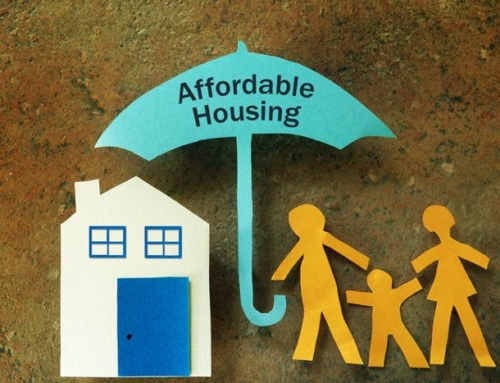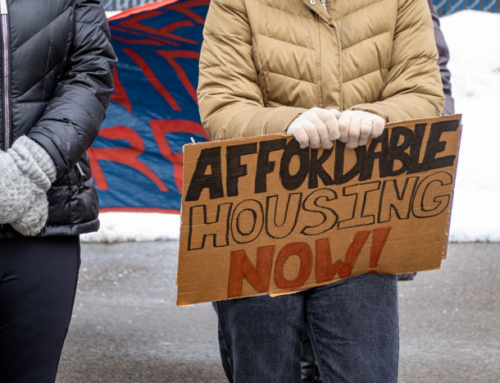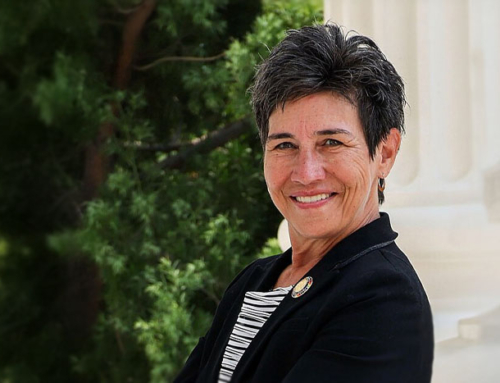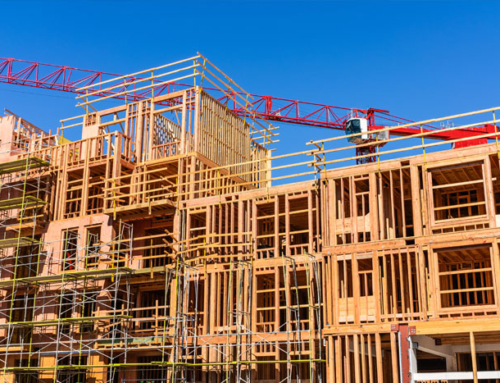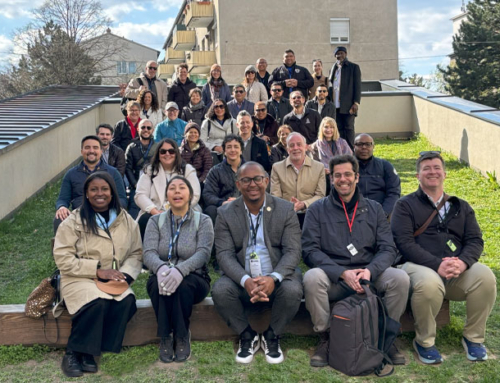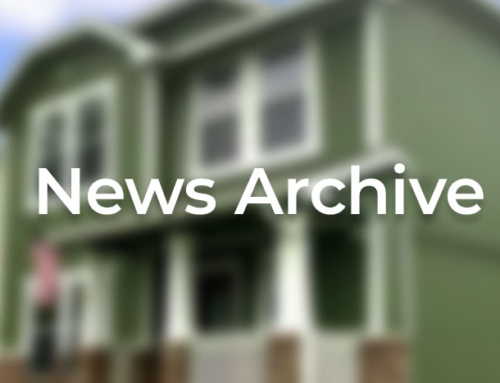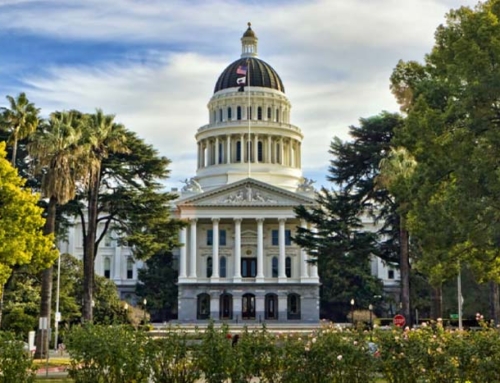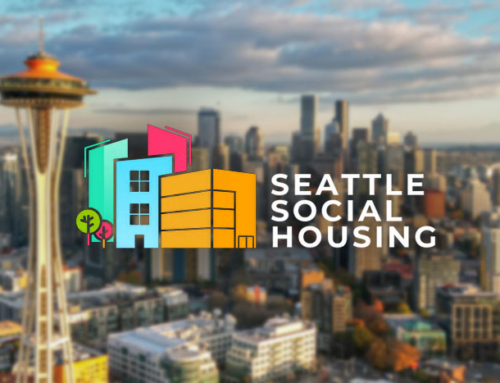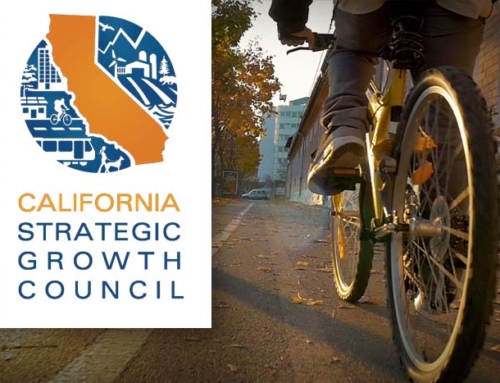Article Contributor: Jacqueline Woo, Senior Associate, Research & Policy
In Sacramento, June is a pivotal month for the California Legislature – bills must move out of their house of origin, the state budget must be passed by the 15th, or Legislators do not get paid, and sometimes a leadership change happens – the Senate has a new President Pro Tempore.
After a long weekend of speculation and rumors, on Monday, June 9, the Senate Democrats unanimously elected Sen. Monique Limon (D-Santa Barbara) as the next Senate President Pro Tempore. The date of the formal transition has not been announced; the current Pro Tempore, Mike McGuire, will lead until the Senate adjourns for fall recess in September. Changes in committee assignments and chairmanships will likely be reserved until Limon takes over in early 2026. Limon’s coastal district incorporates Santa Barbara County and Ventura County.
Viewed as the midpoint of the legislative process, June 6 marked the house of origin deadline, the point by which all bills must be passed out of their house of introduction and sent to the other house. Leading up to this deadline, the Senate and Assembly Appropriations Committees held suspense hearings on May 23rd to review bills with significant fiscal impacts on the state budget. As part of the suspense hearing process, each committee then decides whether to advance the bill for further consideration or to hold it, effectively ending its progress for the session.
Key housing streamlining bills have progressed to their respective second house. Of these, SB 79 (Wiener, D-San Francisco), which would allow more apartments near public transit stations and on land owned by public transit agencies, was arguably the most controversial housing bill to pass. Cities, labor, environmental groups, and affordable housing advocates opposed prior versions of the bill on multiple grounds, including the loss of local control, inadequate workforce protections, environmental impact, and the lack of affordable housing set-asides. The bill passed with the minimum requirement of 21 “yes” votes following some amendments to incorporate these concerns. A number of senators voiced their remaining concerns during the floor debate but indicated trust in Sen. Wiener to continue working with the opponents to address their concerns in the second house. Every bill that is amended in the second house must return to its house of origin on “concurrence,” and no further amendments are allowed on concurrence.
The Fast Track Housing package remained intact: this 20-bill package aims to ensure that permitting systems work more efficiently by creating more explicit rules, faster timelines, fewer bureaucratic hurdles, and uniformity across every city in the state. In addition to AB 609 (Wicks, D-Oakland) and SB 607 (Wiener, D-San Francisco) – bills that close CEQA loopholes exploited by NIMBY cities and community organizations that delay housing development projects – being included in the Budget Process, other notable bills in the package include:
AB 1294 (Haney, D-San Francisco): would create a universal application for housing entitlements in every city. Currently, each jurisdiction determines its own application format for entitlements.
AB 357 (Alvarez, D-San Diego): would exempt certain developments in the Coastal Zone from Coastal Commission review.
AB 1007 (Rubio, D-Covina): would establish time limits to act on permit applications.
SB 489 (Arreguin, D-Oakland): would require all public agencies to post online the information necessary for a housing development application to be deemed complete and eliminate exemptions to expand protections under the Permit Streamlining Act.
AB 920 (Caloza, D-Los Angeles): would require larger cities to utilize permit portals to streamline the housing application process.
AB 1308 (Hoover, R-Folsom): would allow for private third-party inspectors to ensure timeliness in issuing final housing inspections.
AB 1026 (Wilson, D-Suisun City): would bring parity for investor-owned utility companies to process applications in a timely manner.
AB 712 (Wicks, D-Oakland): would increase remedies against public agencies that violate the rights established in existing housing law.
We will continue to track these bills as they progress through their second house.
© LeSar Holdings/LeSar Development Consultants. All Rights Reserved. Please be advised that any republishing of copyrighted material provided by our organization, in whole or in part, requires prior written authorization. For permission, please reach out to [email protected]. We appreciate your understanding and compliance in upholding copyright laws.






